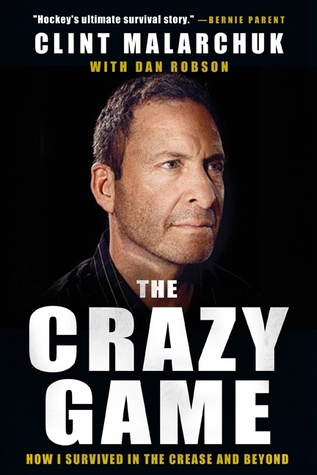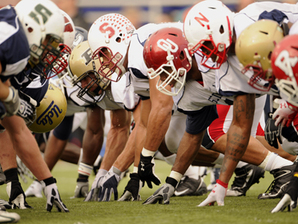
"“Binging and purging was my, I guess, outlet,” said Hyman, 37. “Part of it was my own insecurities; part of it was my own control, the sense of being in control or something I could control. It wasn’t strictly just a body image issue or strictly just, ‘I’m trying to perform better.’ As an athlete I think there were other emotional challenges that I manifested into my eating disorder as a way of coping. It wasn’t something that I was necessarily secretive about. My coaches were aware, my parents were aware, and I wasn’t shy about it. One of the things I’d always prided myself on was discipline...
Jennifer Carter, Ohio State University Sports Medicine Center’s director of sport psychology, agrees there are specific risk factors for eating disorders in female athletes, such as a belief that thinness equates to better performance (whereas in male athletes more muscularity equates to better performance), revealing uniforms and, sometimes, a type of perfectionist personality."
For the full article, click here: http://www.usatoday.com/story/sports/olympics/rio-2016/2016/08/03/us-womens-swim-team-body-image-eating-disorders-and-supporting-each-other/88048534/








 RSS Feed
RSS Feed
